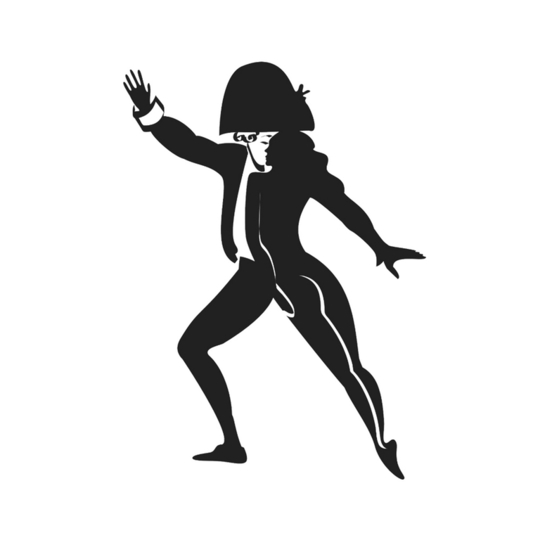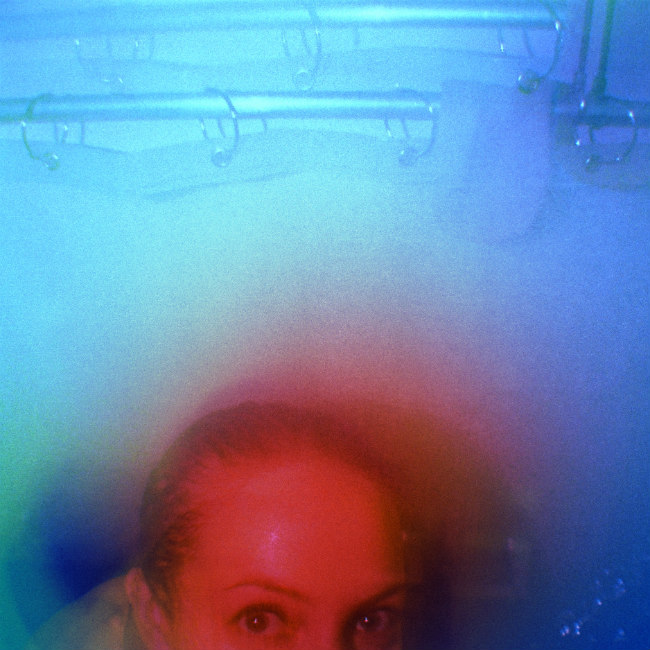'Sous les pavés, la plage' read an iconic piece of graffiti from May 1968, written in charming cursive handwriting, on a decrepit Parisian building. 'Under the cobblestones, [there is] the beach'. It tells of how the student protesters would tear up paving stones that lined the city’s boulevards, exposing a sandy underlayer, and hurl them aggressively at police. But aside from the literal meaning, it was also an idealistic metaphor about French society. One where life without the establishment was utopia.
Twenty-four-year-old Parisian producer Paume aka Hugo Billionet doesn’t quite have the ideological underpinnings of his predecessors: brought up in the city’s suburbs, his gripes are the ubiquity of overpriced wine bars and the zealous noise restraints. Paume’s debut EP, however, is subtly subversive.
Far from the snowy mountainous peaks that its name suggests, Transalpine is sultry and sophisticated electronic music. It’s the kind of sound you’d imagine being made in The Matrix’s underground city Zion, or perhaps more realistically, the labyrinthine catacombs that snake below Paris for 200 miles; often the destination of the capital’s more daring revellers. This is music to both dance and dream to.
The opener ‘Transalpine’ effortlessly puts you into a state of hair-raised anticipation. A hypnotic house beat combines with swells of thick, humid grain, while blurry after-hours vocals and a stuttering synth makes the track heart-flutteringly euphoric. But for all of its refined development and thoughtful soundscaping, there’s a hearty stoicism to the song that conjures up gritty nightclubs, like those found by Blackpool’s rain-infested pleasure beach. It’s sensual, but unsettling. The sense of foreboding continues into ‘Follies’, a dark tropicalia track punctuated by animalistic howls and rumblings from the undergrowth. The way that he constructs these vividly-realised scenes is at times quite breathtaking.
Despite this flurry of eclectic inputs, Paume’s EP has been produced with an impressive precision, elegantly segueing between different moods. ‘Juno Beach’ begins as if shrouded by cloud, with little more than the live percussion prominent, but soon clears into a bold synth and crisp, memorable vocal. ‘Love Fifteen (Ft. Heidi)’ at first appears to be a complete change in tack: a simple, but compelling piano piece reminiscent of Yann Tiersen. Though as soon as guest vocalist Heidi begins to sing, delicate and distinct, the track collapses into an irresistible dancefloor beat, albeit a slightly subdued one. “Step up to the light, waiting for your time” she warbles, and with it Transalpine shows us a side much closer to home.
Given his urban upbringing, Billionet is perhaps more of an armchair anthropologist, a curious dreamer, than someone recounting their notes from the field. Yet he manages to evoke exotic imagery so convincingly - especially after having only been playing music for three years - that you wonder if the young man might have ventured along the Amazon already in his life. Paume certainly has achieved his goal of making music 'sound ethereal and punchy all at the same time', and while each track is over five minutes long, there is little excess. As the third in the melodic house-bag range, following releases from Howes and Georges Vert, Transalpine offers a rare kind of stimulation, and in Paume, a precocious talent.
-
8Peter Yeung's Score






















